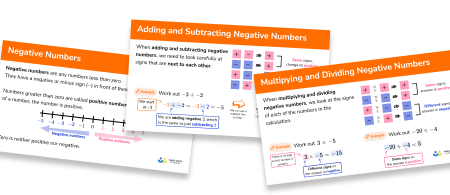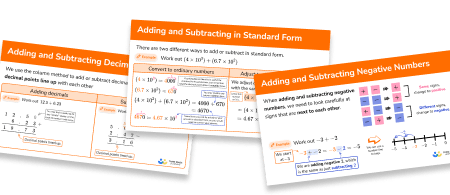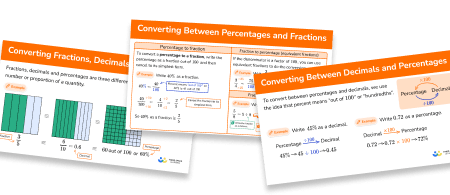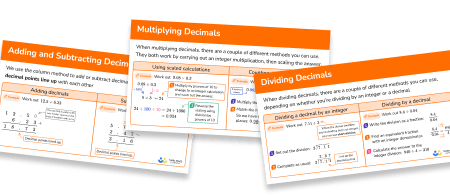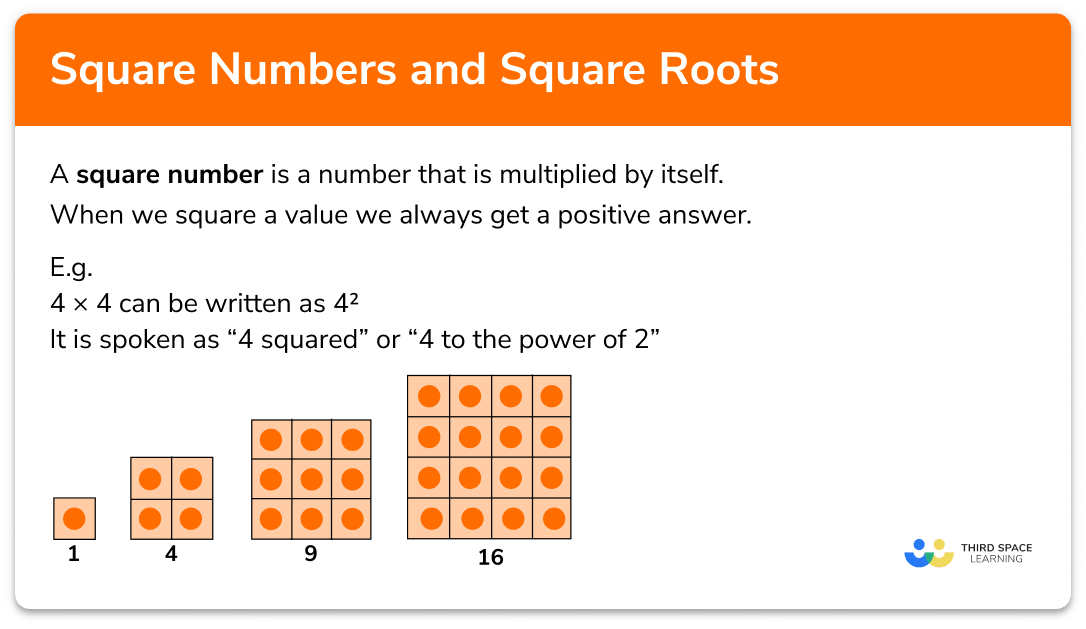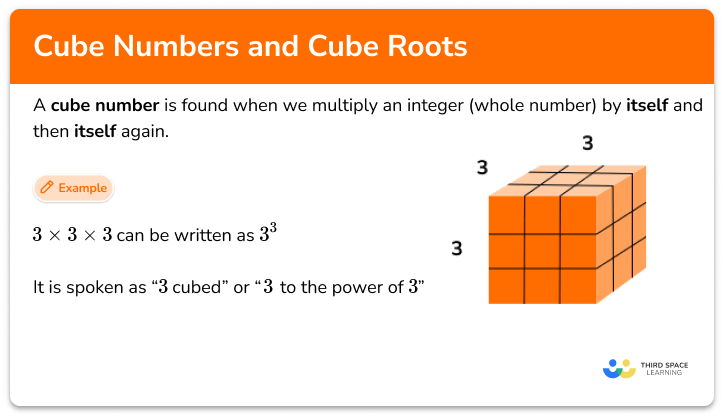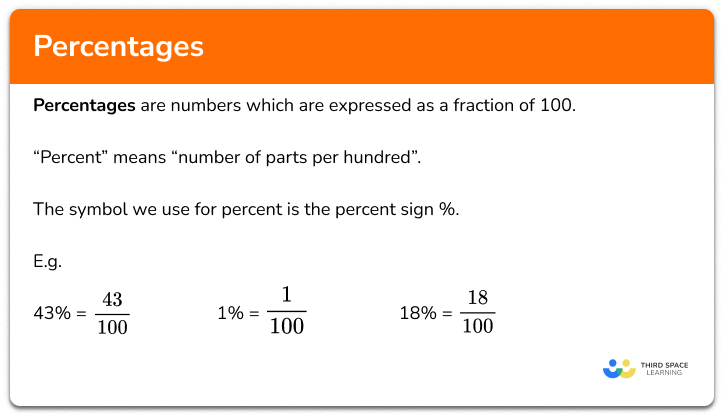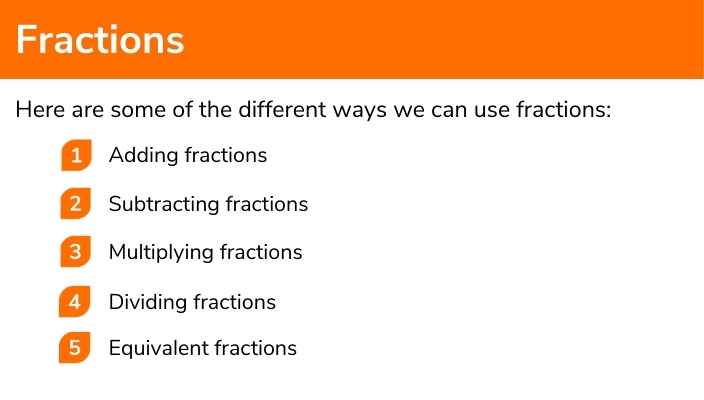FREE DOWNLOAD
Dividing Fractions Worksheet

Help your students prepare for their Maths GCSE with this free dividing fractions worksheet of 44 questions and answers
- Section 1 of the dividing fractions worksheet contains 36 skills-based dividing fractions questions, in 3 groups to support differentiation
- Section 2 contains 4 applied dividing fractions questions with a mix of fractions word problems and deeper problem solving questions
- Section 3 contains 4 foundation and higher level GCSE exam style dividing fractions questions
- An answer key and a mark scheme for all dividing fractions questions are provided
- Questions follow variation theory with plenty of opportunities for students to work independently at their own level
- All questions created by fully qualified expert secondary maths teachers
- Suitable for GCSE maths revision for AQA, OCR and Edexcel exam boards
Unlock access to download your free resource
You can unsubscribe at any time (each email we send will contain an easy way to unsubscribe). To find out more about how we use your data, see our privacy policy.
Dividing fractions a glance
Division of fractions is more straightforward than adding or subtracting fractions, because a common denominator is not required. It is important however that students are confident with equivalent fractions and are able to simplify fractions. Fraction multiplication is a prerequisite to dividing fractions.
Students need to be able to divide integers by fractions, fractions by integers, and divide a fraction by another fraction. Dividing an integer by a fraction is the most intuitive place to start, as we can look at how many times the fraction fits into the whole amount (e.g. how many halves are in 3?). This develops the idea of using the reciprocal (dividing by a half is the same as multiplying by 2).
To divide a pair of fractions, we invert the second fraction (essentially, flip the numerator and denominator) to find the reciprocal. We then multiply the first fraction by the reciprocal of the second fraction and cancel common factors in order to write the fraction in its lowest terms.
Fraction division can be extended to mixed numbers (sometimes called mixed fractions). A mixed number has both an integer (whole number) part and a proper fraction part. We can convert mixed numbers into improper fractions in order to perform calculations with them.
Looking forward, students can then progress to additional number worksheets, for example a percent worksheet or a rounding worksheet.

For more teaching and learning support on Number our GCSE maths lessons provide step by step support for all GCSE maths concepts. .
Do you have GCSE students who need additional support?
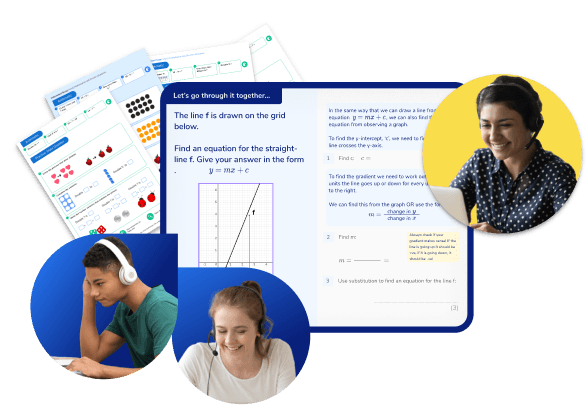
There will be students in your class who require individual attention to help them achieve their target GCSE maths grade. In a class of 30, it’s not always easy to provide.
Help your students feel confident with exam-style questions and the strategies they’ll need to answer them correctly with personalised online one to one tutoring from Third Space Learning
Lessons are selected to provide support where each student needs it most, and specially-trained GCSE maths tutors adapt the pitch and pace of each lesson. This ensures a personalised revision programme that raises grades and boosts confidence.

